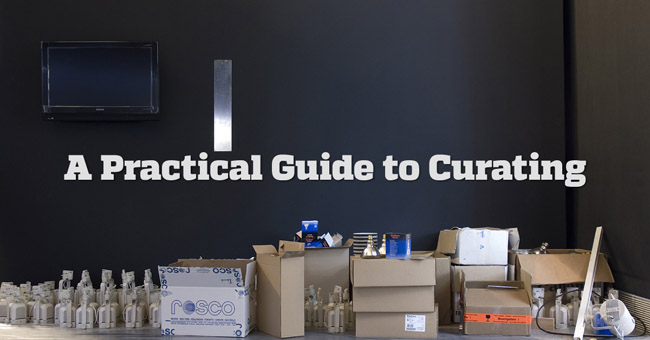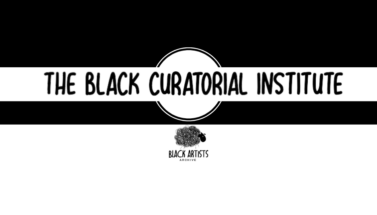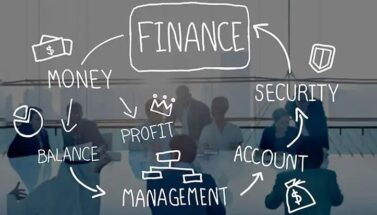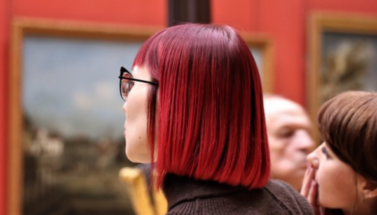A Practical Guide to Curating
A Practical Guide to Curating
Online course by Node Center with Claire Shea
Duration: Feb 09 – Mar 2, 2017
Enroll before: Feb 6, 2017
The aim of this course is to outline the skills needed to act as an independent or institution-based curator. This course will teach participants the practical skills and address some of the theoretical concerns that inform contemporary curatorial practice.
This course will consider a brief introduction to curating and exhibition making, developing concepts and proposals, the practicalities of exhibition and project delivery and different approaches to curatorial practice.
At the end of A Practical Guide to Curating, participants should have an understanding of the skills necessary to operate as competent and responsible practitioners.
Program
Week One: Developing your curatorial practice
• What is a curatorial practice?
• What are the contexts a curator needs to consider? What types of audiences do you want to address?
• Considering types of exhibition spaces or platforms that align with your concerns and ideas
Week Two: Exhibition Making
• Research and concept development (studio visits, dossiers, creating an archive, mapping concepts)
• Commissioning new works from artists (including briefing and proposal development)
• Lending works from artists and galleries (how to source the works and how to secure loans)
• Creating a checklist of works with display details.
• Considering your venue and audiences (parameters that affect scale or types of work)
Week Three: Practical Skills
• How to prepare a budget and timeline
• Developing and proposing your exhibition ideas to an independent or institutional entity
• Developing floorplans and display design
• Practicalities of transportation and installation (working with technicians, artists and considering packaging, display and access)
• Documentation and reporting (photographing, final accounts, gathering statistics and summarizing activities)
• Managing exhibition de-installation and returns
Week Four: Expanding your project
• Supporting your exhibition or project through fundraising, marketing and facilities
• Creating collateral programming: public, performance, education, film
• Designing and producing a publication
• Revisiting course topics and summarizing the practical approach
• Revisiting assignment from week one and discussing how best to put these practices into play using the skills learned through this course
For any further information, please visit: https://nodecenter.net






